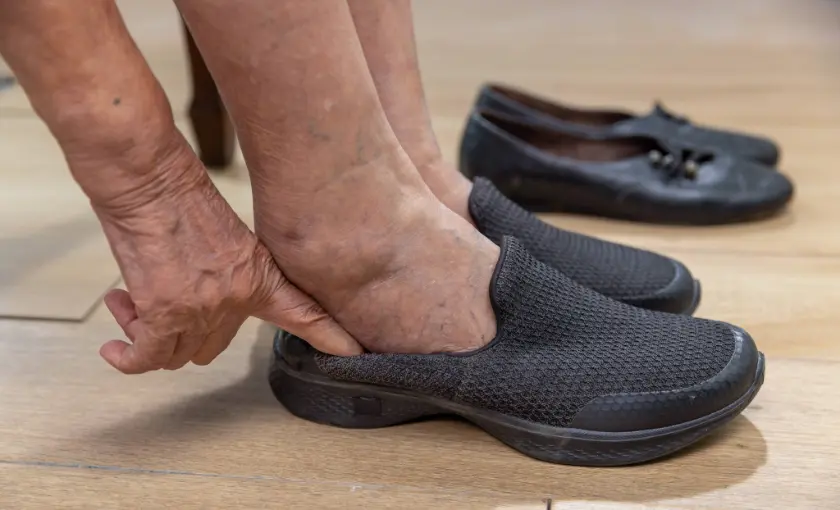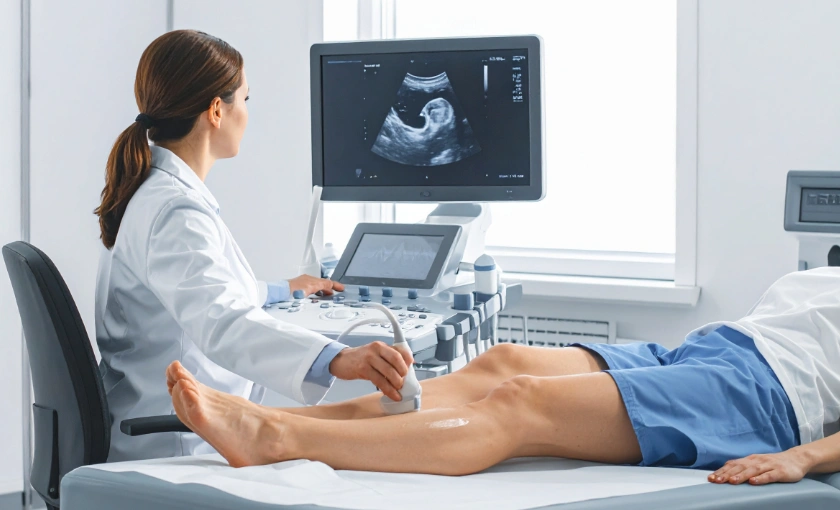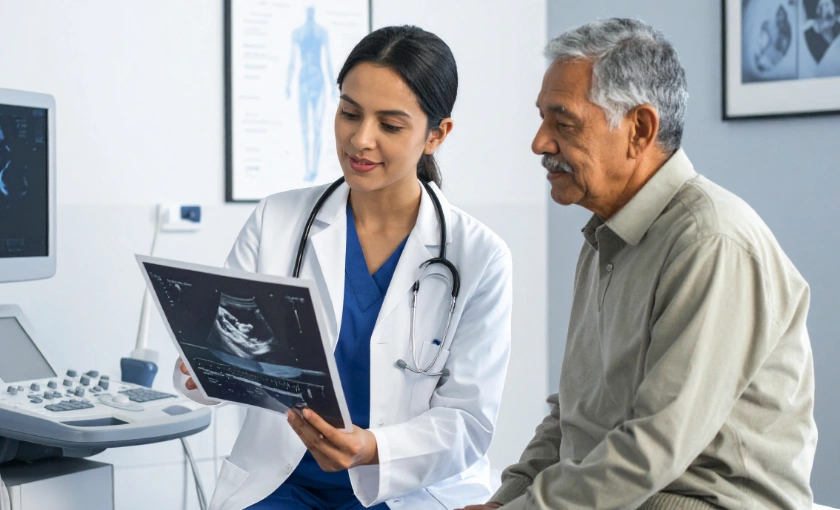Sudden Bulging Veins on Feet? Here’s What You Should Know

Have you noticed sudden bulging veins on your feet? Don’t brush it off as a simple cosmetic issue. Those visible veins may be signaling an underlying circulation problem that deserves attention.
At BASS Vein Center, we specialize in diagnosing and treating vein conditions affecting the legs and feet. Here’s what you should know about why veins suddenly bulge — and what you can do about it.
What Causes Sudden Bulging Veins on the Feet?
Several factors can cause veins on the feet to suddenly appear more prominent:
- Age: As we age, vein walls lose elasticity, making veins more visible.
- Venous insufficiency: When valves in the veins weaken, blood flow slows and begins to pool.
- Deep vein thrombosis (DVT): Blood clots in deep veins can block blood flow and cause swelling.
- Varicose veins: Enlarged, twisted veins develop when circulation is impaired.
- Other triggers: Foot trauma, pregnancy, obesity, and long periods of sitting or standing can also play a role.
Even if the bulging is painless, it’s best to get it checked by a specialist—especially if it appeared suddenly.
When to See a Vein Specialist
Seek medical attention if you notice:
- Persistent or worsening swelling
- Pain, tenderness, or warmth around the veins
- Skin discoloration, ulcers, or infection
- A heavy, throbbing, or aching sensation in the legs or feet
Prompt diagnosis helps prevent complications like blood clots or chronic venous insufficiency.
Treatment Options for Bulging Veins
Treatment depends on what’s causing the bulging veins and how severe the issue is. Common approaches include:
- Lifestyle changes: Elevate your legs, stay active, wear compression stockings, and avoid prolonged standing.
- Medication: In some cases, your doctor may prescribe anti-inflammatories, blood thinners, or vein-strengthening medications.
- Sclerotherapy or laser therapy: Minimally invasive procedures that seal or collapse damaged veins.
- Surgical options: For severe cases, procedures like endovenous ablation or vein ligation may be recommended.
Can Bulging Veins Be Prevented?
While genetics and age can’t be controlled, these steps can help reduce your risk:
- Exercise regularly
- Maintain a healthy weight
- Stay hydrated
- Avoid tight shoes or high heels
- Don’t cross your legs for long periods
- Elevate your legs when resting
If you notice new or worsening vein symptoms, early intervention can make all the difference.
Get Expert Vein Care in the East Bay
At BASS Vein Center, our experienced vein specialists offer personalized care for patients throughout Walnut Creek, Brentwood, Antioch, and the surrounding East Bay areas.
Schedule a consultation today and take the first step toward healthier, pain-free legs.
Note: Coverage varies between insurance plans. Please check with your insurance provider before scheduling. BASS Vein Center will verify your benefits so you understand any out-of-pocket costs ahead of treatment.
Medical Disclaimer: The information provided in this blog is for educational and informational purposes only and is not intended as medical advice, diagnosis, or treatment. BASS Medical Group does not endorse any specific tests, treatments, procedures, or opinions referenced in this content. Individual results may vary. Always consult with your physician or a qualified healthcare provider regarding any medical concerns or before making changes to your health regimen.




